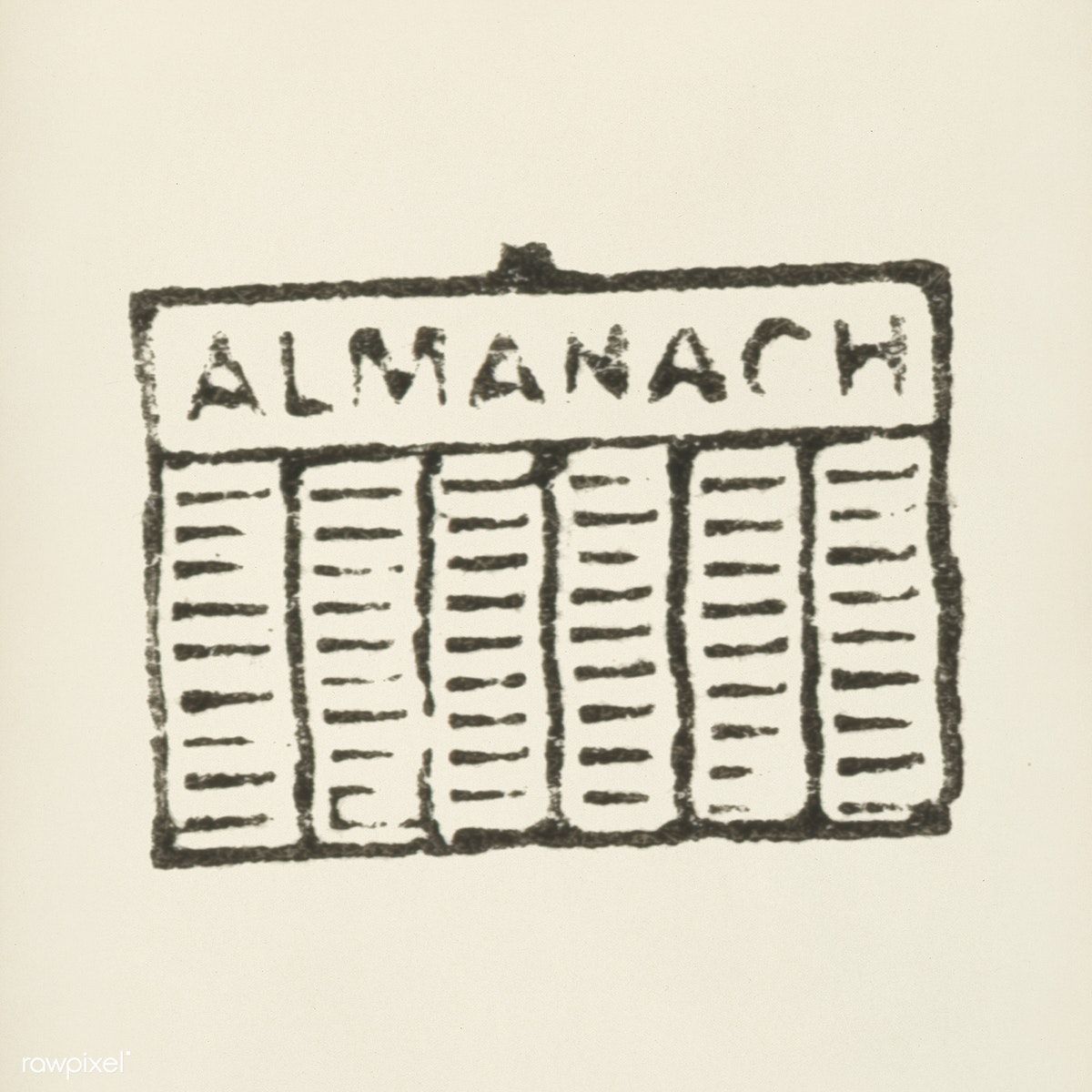NOAA Weather Alerts
Nathan Smith-Manley
Last Update 2 jaar geleden
NOAA weather alerts are issued by the National Oceanic and Atmospheric Administration (NOAA) to provide information and warnings about severe weather events that may pose a threat to public safety. Here are the different types of NOAA weather alerts:
Severe Thunderstorm Warning: Issued when thunderstorms are occurring or expected to occur that may produce damaging winds of 58 miles per hour (mph) or greater and/or hail that is one inch in diameter or larger.
Tornado Warning: Issued when a tornado has been spotted or indicated by radar. Residents in the affected area should take immediate shelter and follow safety procedures.
Flash Flood Warning: Issued when heavy rain is occurring or expected to occur that may cause flash flooding, which is particularly dangerous because it can happen quickly and without warning.
Hurricane Warning: Issued when a hurricane is expected to hit an area within 36 hours or less. Residents in the affected area should take immediate action to protect themselves and their property.
Winter Storm Warning: Issued when heavy snow, sleet, or ice is expected to occur that may make travel difficult or dangerous.
Flood Warning: Issued when flooding is occurring or expected to occur in a specific area. This can include river flooding, flash flooding, or other types of flooding.
Heat Advisory: Issued when high temperatures are expected to occur that may pose a risk to public health, particularly for vulnerable populations such as the elderly, young children, or those with chronic health conditions.
Wind Advisory: Issued when sustained winds of 31 mph or greater are expected, or gusts of 46 mph or greater, which may make travel difficult or dangerous.
Air Quality Alert: Issued when air quality is poor and may pose a risk to public health, particularly for those with respiratory or other health conditions.
Special Marine Warning: Issued for hazardous marine weather conditions, such as strong winds, heavy rain, or lightning.
These are the most common types of NOAA weather alerts, but there may be others depending on the specific weather conditions and the region being impacted. It's important to take NOAA weather alerts seriously and follow safety procedures to protect yourself and your property.

